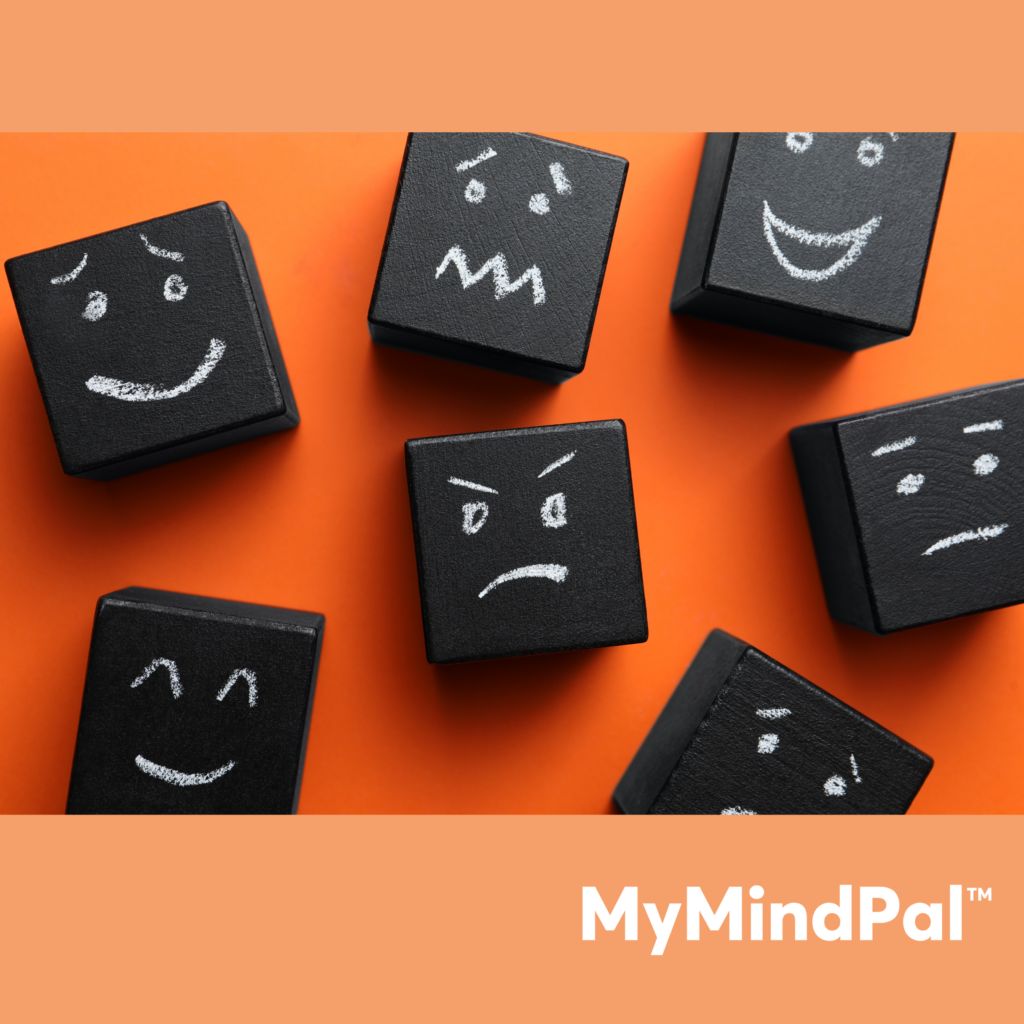Exploring the impact of mastering one’s emotions…
Emotional control, or emotional regulation, refers to the ability to manage and respond to emotional experiences in a healthy and constructive manner. It’s a crucial skill that supports both mental stability and physical health, impacting everything from interpersonal relationships to professional success.
Developing Emotional Mastery
Just as one might learn a new language or instrument, developing emotional control requires practice and dedication. Techniques for improving emotional regulation include mindfulness meditation, cognitive behavioral strategies, and deep breathing exercises. These methods help individuals recognize their emotional triggers and respond to them more effectively rather than being overwhelmed or reactive.
Physical and Psychological Impact
On a physical level, effective emotional control can reduce the incidence of stress-related disorders, such as hypertension and heart disease. It also influences other bodily systems like the immune response, making individuals less susceptible to infections and illnesses. Psychologically, mastering emotional control contributes to greater resilience, reducing symptoms of anxiety and depression, and enhancing overall mental health. It fosters better relationships and improves decision-making abilities, leading to more fulfilling and successful lives.
Expert Insights
Dr. Marc Brackett, author of “Permission to Feel” and director of the Yale Center for Emotional Intelligence, underscores the value of emotional regulation:
“Learning to control our emotions doesn’t mean suppressing them; it means understanding them more deeply and using that knowledge to move forward constructively. Emotional skills are critical—they help us make informed decisions, maintain healthy relationships, perform at our peak, and enjoy a good quality of life. Teaching emotional regulation should be as fundamental as teaching literacy.”
Harnessing Emotional Control
The journey toward effective emotional control is highly beneficial and transformative. It equips individuals to handle life’s challenges with more grace and less stress, promoting better physical health and psychological well-being. By integrating emotional regulation skills into daily life, people can achieve a balanced and enriching experience, demonstrating the profound interconnectedness of our emotional landscape and overall health.
